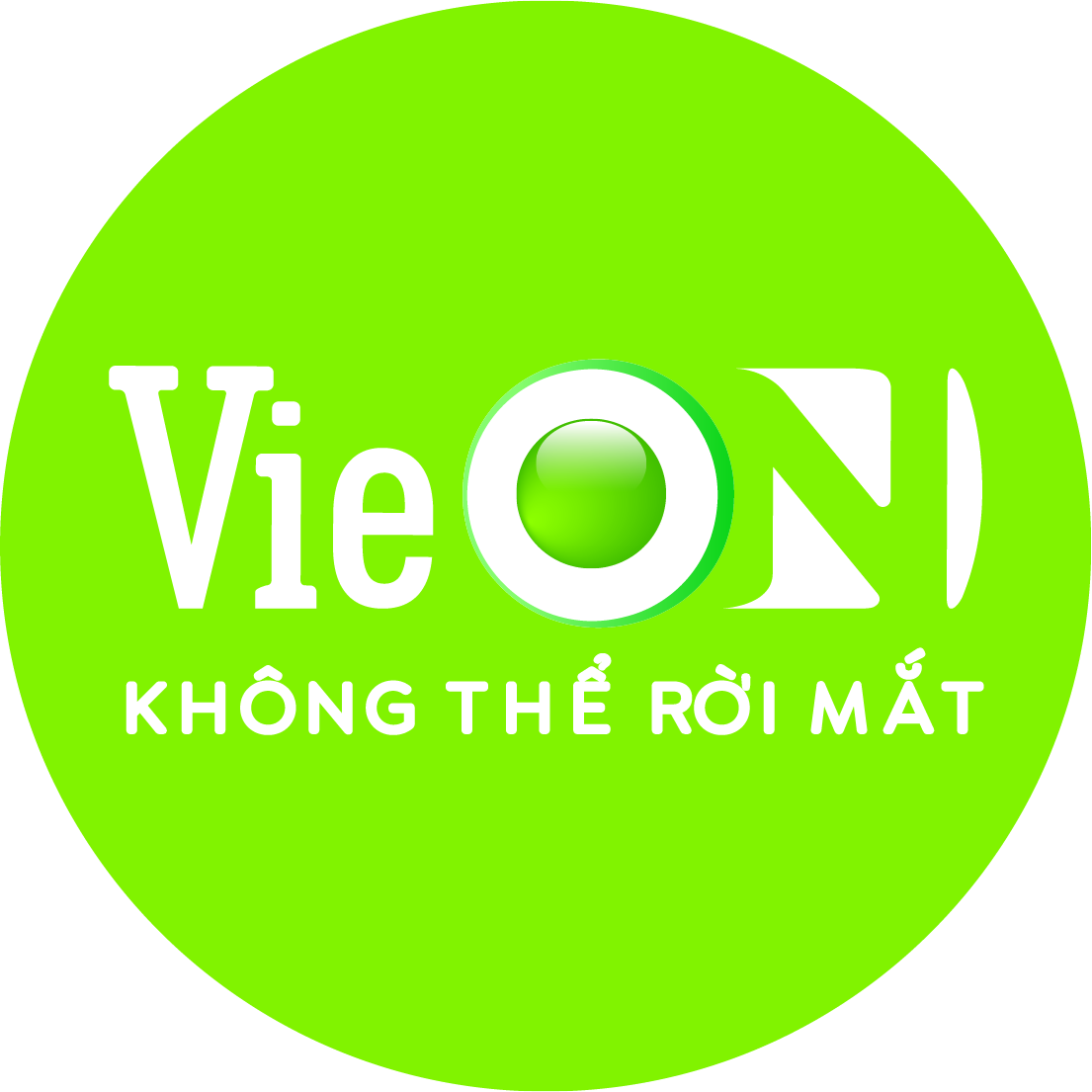Furthermore, the mysteries surrounding ancient artifacts often inspire a sense of wonder and curiosity. The allure of the unknown drives researchers to explore uncharted territories, whether it be Racism the depths of the ocean or the remote deserts of the world. The search for lost civilizations, such as Atlantis or the Maya, continues to capture the imagination of adventurers and scholars alike.
Furthermore, scientific discoveries have enhanced our understanding of the natural world, leading to conservation efforts that protect biodiversity and ecosystems. The study of ecology and environmental science has revealed the intricate relationships between species and their habitats, highlighting the importance of preserving natural resources. Just as the impact of scientific discoveries is felt in health and the environment, it also extends to the realm of social sciences.
- Community gardens, fitness classes, and health fairs are just a few examples of how communities can come together to support healthy lifestyles.
- Unraveling the complexities of Buddhism reveals a path focused on personal enlightenment and the alleviation of suffering.
- Encouraging critical engagement with media can help adolescents discern between reality and fiction, fostering a more nuanced understanding of the world around them.
- Each step we take, no matter how small, contributes to the larger goal of fostering a healthy planet for all living beings.
- Furthermore, the rise of online courses and degree programs has allowed individuals to pursue lifelong learning, adapting to the ever-changing job market.
- Each faith contributes to the tapestry of human understanding, providing unique insights into morality, existence, and the nature of the divine.
Plunging into the complex world of cloning raises a myriad of ethical issues that challenge our understanding of life, identity, and the boundaries of science. Cloning, the process of creating a genetically identical copy of an organism, has been a topic of intense debate since the successful cloning of Dolly the sheep in 1996. This groundbreaking achievement not only sparked scientific curiosity but also ignited ethical concerns that continue to resonate in contemporary discussions. As we explore the ethical dilemmas surrounding cloning, it is essential to consider the implications for individuals, society, and the environment. Primarily, one of the most pressing ethical issues related to cloning is the question of identity and individuality. If a clone is genetically identical to its donor, does it share the same identity, experiences, and rights?
Just as food activism plays a crucial role, the importance of intergenerational knowledge transfer cannot be overstated. The passing down of culinary skills and traditions from one generation to the next is essential for preserving national cuisines. This intergenerational exchange not only strengthens family bonds but also ensures that the rich tapestry of national cuisines is maintained.
Engaging in regular exercise can help individuals develop a greater capacity to cope with challenges and setbacks, both physically and mentally. The discipline required to maintain a consistent workout routine can translate into other areas of life, promoting a mindset of perseverance and determination. This resilience is particularly valuable in today’s fast-paced world, where stressors are abundant and the ability to adapt is crucial for success. As we age, our bodies naturally undergo various changes, including a decline in muscle mass, bone density, and overall physical function. Regular exercise can help mitigate these effects, allowing individuals to maintain their independence and quality of life as they grow older. By prioritizing physical activity, we can enhance our longevity and ensure that we remain active participants in our lives, rather than passive observers.
porn anal Yeni Giriş Adresinde Yer Alan Hizmetler Nelerdir?
Through the process of photosynthesis, trees and plants convert carbon dioxide into oxygen, helping to mitigate climate change. Additionally, tropical rainforests influence local and global weather patterns by regulating humidity and precipitation. The evaporation of water from the forest contributes to cloud formation, which in turn affects rainfall distribution in surrounding areas. The loss of trees reduces the forest’s ability to sequester carbon, exacerbating climate change and its associated impacts. Many species may struggle to adapt to the rapid changes, leading to shifts in biodiversity and potential extinctions.
- As we face unprecedented challenges in the 21st century, it is crucial to draw upon the lessons of evolution to inform our responses.
- By actively seeking out diverse viewpoints and challenging our own assumptions, we can break free from the constraints of confirmation bias and develop a more nuanced understanding of reality.
- By prioritizing mindfulness and meditation, we can cultivate a more compassionate, resilient, and harmonious world.
- In the context of mental health, creativity can also play a significant role in healing and recovery.
- When people listen to music that expresses the struggles, joys, and experiences of others, they can develop a deeper connection to those emotions.
The historical, social, and political circumstances surrounding an author can significantly impact their work. For instance, the Harlem Renaissance produced a wealth of literature that reflected the struggles and triumphs of African Americans in the early 20th century. This reciprocal relationship between literature and culture underscores the importance of understanding the context in which literary works are produced.
porn anal Kayıt Bahis Sitesine Nasıl Kayıt Olunur?
Critical thinkers are not easily swayed by popular opinion or emotional appeals; instead, they seek evidence and reason to support their beliefs. This independence allows individuals to form their own opinions based on facts rather than assumptions or biases. By cultivating independent thinking, we empower ourselves to challenge the status quo and contribute to a more informed society. This systematic approach to problem-solving not only leads to better outcomes but also encourages creativity and innovation.
In addition to technological advancements, interdisciplinary collaboration has become increasingly important in archaeology. By working alongside experts in fields such as anthropology, history, and environmental science, archaeologists can develop a more holistic understanding of the past. This collaborative approach fosters innovative research methods and encourages the integration of diverse perspectives, ultimately enriching our knowledge of human history. Ethical considerations surrounding excavation, artifact ownership, and the treatment of human remains are ongoing debates within the discipline. Archaeologists must navigate these complex issues while remaining committed to the principles of respect, integrity, and transparency.
Early intervention can prevent the escalation of fear-related issues and promote healthier coping strategies. Engaging in regular physical activity, practicing mindfulness, and maintaining a balanced diet can all contribute to improved mental health. These self-care strategies can help individuals build resilience and better cope with fear when it arises. Additionally, establishing a routine that incorporates relaxation techniques, such as deep breathing or meditation, can provide individuals with tools to manage their fear responses effectively. Valuing the role of fear in our lives can lead to a more nuanced understanding of our emotional landscape.
- Globally, the impact of technology on the spread of tolerance and intolerance is a double-edged sword.
- By being flexible in their communication, leaders can ensure that their messages resonate with team members, fostering understanding and engagement.
- Organizations should encourage volunteers to engage in advocacy work, providing them with the tools and resources needed
- By using their platforms to address climate issues, they can engage audiences and foster a deeper connection to the environment.
- This duality highlights the complex relationship we have with music, where it can simultaneously uplift and bring forth pain.
Educational programs and exhibitions help to demystify ancient Egyptian culture, making it accessible to a broader audience. By fostering a deeper understanding of the pharaohs and their civilization, we can ensure that their stories continue to resonate for generations to come. Remarkably, the secrets of the Egyptian pharaohs are not just relics of the past; they are living narratives that continue to shape our understanding of human civilization. As we explore their lives, we uncover the complexities of power, belief, and culture that define the human experience.
porn anal Üyelik Seçenekleri
By fostering a culture of health, we can empower individuals to make positive choices and support one another in their journeys toward better health. Understanding the impact of nutrition, exercise, and mental health on overall well-being can motivate individuals to make informed choices. Schools, healthcare providers, and community organizations can work together to provide resources and information that promote healthy living. Workshops, cooking classes, and fitness programs can equip individuals with the knowledge and skills they need to adopt healthier habits.
Moreover, the quest for knowledge about the universe is inherently tied to our understanding of ourselves. As we explore the cosmos, we confront fundamental questions about our existence, our place in the universe, and the nature of life itself. The scientific pursuit of these questions not only enriches our understanding of the universe but also deepens our appreciation for the fragility and interconnectedness of life on Earth. This philosophical dimension of space exploration underscores the importance of science as a means of fostering a sense of wonder and responsibility towards our planet and beyond. From the early observations of celestial bodies to the cutting-edge technologies that enable interstellar missions, science has been the driving force behind our quest to understand the universe. As we look to the stars, let us remember that science is not just a tool for exploration; it is a bridge that connects us to the universe and to each other.
Understanding our own color preferences can lead to greater self-awareness and help us curate environments that align with our emotional needs. In the realm of mental health, color therapy has emerged as a complementary approach to traditional treatments. For example, the color green is often associated with growth and renewal, making it a popular choice in therapeutic settings. While more research is needed to fully understand the efficacy of color therapy, its potential benefits highlight the profound connection between color and emotional well-being. As we delve deeper into the psychology of color, it is essential to consider the role of individual differences. Personal experiences, cultural backgrounds, and even biological factors can shape how we perceive and respond to color.
The ongoing threats posed by conflict, climate change, and urban development have led to the destruction of invaluable archaeological sites and artifacts. The urgency of preserving our cultural heritage has never been greater, and archaeologists play a crucial role in advocating for the protection of these irreplaceable resources. By raising awareness of the importance of cultural heritage, archaeologists can mobilize support for preservation efforts and inspire action to safeguard our shared history. Just as archaeology is a window into the past, it also serves as a mirror reflecting our present values and priorities. The ways in which we choose to excavate, interpret, and preserve archaeological sites reveal much about our society’s attitudes toward history, culture, and identity. By critically examining our approach to archaeology, we can ensure that it aligns with our commitment to inclusivity, equity, and respect for diverse narratives.
The transformative power of art can help break the cycle of violence and trauma, offering a pathway toward personal and social change. Artists have the ability to craft narratives that resonate with audiences, making complex social issues more accessible and relatable. The use of theater, spoken word, and performance art allows for a dynamic exploration of social justice themes. For example, the play “The Vagina Monologues” by Eve Ensler addresses issues of gender-based violence and empowerment, sparking conversations about women’s rights and bodily autonomy. Through the medium of performance, artists can engage audiences in a visceral way, prompting them to reflect on their own roles in perpetuating or challenging societal norms.
This area of the brain does not fully mature until the mid-20s, which can explain some of the impulsive and risky behaviors often associated with teenagers. Understanding this neurological development can help adults approach adolescent behavior with empathy and patience. In addition to brain development, adolescents experience a surge in hormones that can affect their mood and behavior. The onset of puberty triggers the release of hormones such as testosterone and estrogen, leading to physical changes and emotional fluctuations. These hormonal changes can contribute to feelings of anxiety, depression, and irritability, making it essential for caregivers to recognize and validate these experiences. By fostering open communication, adults can help adolescents navigate their emotional landscape more effectively.
This has led to a renewed appreciation for the contributions of volunteers and a recognition of their importance in building resilient communities. As society continues to navigate the aftermath of the pandemic, the lessons learned about the value of volunteering will likely shape future approaches to community engagement and support. As we continue to navigate the complexities of modern life, the importance of volunteerism will only grow. By encouraging participation, recognizing contributions, and addressing barriers to engagement, we can create a culture of service that benefits everyone. Volunteering is not just an act of kindness; it is a powerful force for change that can transform lives and communities for the better.
This shift has not only changed consumer behavior but has also disrupted traditional media industries, forcing them to adapt to the new landscape. As a result, content creators have more opportunities to reach audiences directly, leading to a diversification of voices and perspectives in the entertainment industry. However, the rise of digital media has also raised concerns about the impact of screen time on mental health. Studies have shown that excessive use of social media and digital devices can lead to feelings of isolation, anxiety, and depression. The curated nature of online personas can create unrealistic expectations and contribute to a culture of comparison, particularly among young people. As society becomes increasingly reliant on digital interactions, it is crucial to prioritize mental well-being and promote healthy online habits.
- The integration of artificial intelligence and machine learning, for example, holds the potential to revolutionize data analysis and interpretation in archaeology.
- Online platforms such as Wikipedia, educational websites, and e-learning courses have empowered individuals to pursue knowledge at their own pace, breaking down traditional barriers to education.
- From advancements in nanotechnology for drug delivery to the potential of 3D printing in creating customized medical devices, the possibilities are vast.
- Similarly, in literature, the choice of words and narrative style can evoke a wide range of emotions, from joy to despair.
- Adolescents are often influenced by societal standards of beauty, success, and achievement, which can impact their self-esteem.
Black holes challenge our understanding of physics, particularly at the intersection of general relativity and quantum mechanics. In addition to their scientific significance, black holes have captured the imagination of the public and inspired a wealth of cultural narratives. From literature to film, the concept of black holes serves as a metaphor for the unknown, representing the limits of human understanding and the allure of the cosmos. This cultural fascination underscores the importance of cosmic darkness not only as a scientific challenge but also as a source of inspiration for creativity and exploration. In the context of cosmic darkness, the search for extraterrestrial life also raises intriguing questions.



















